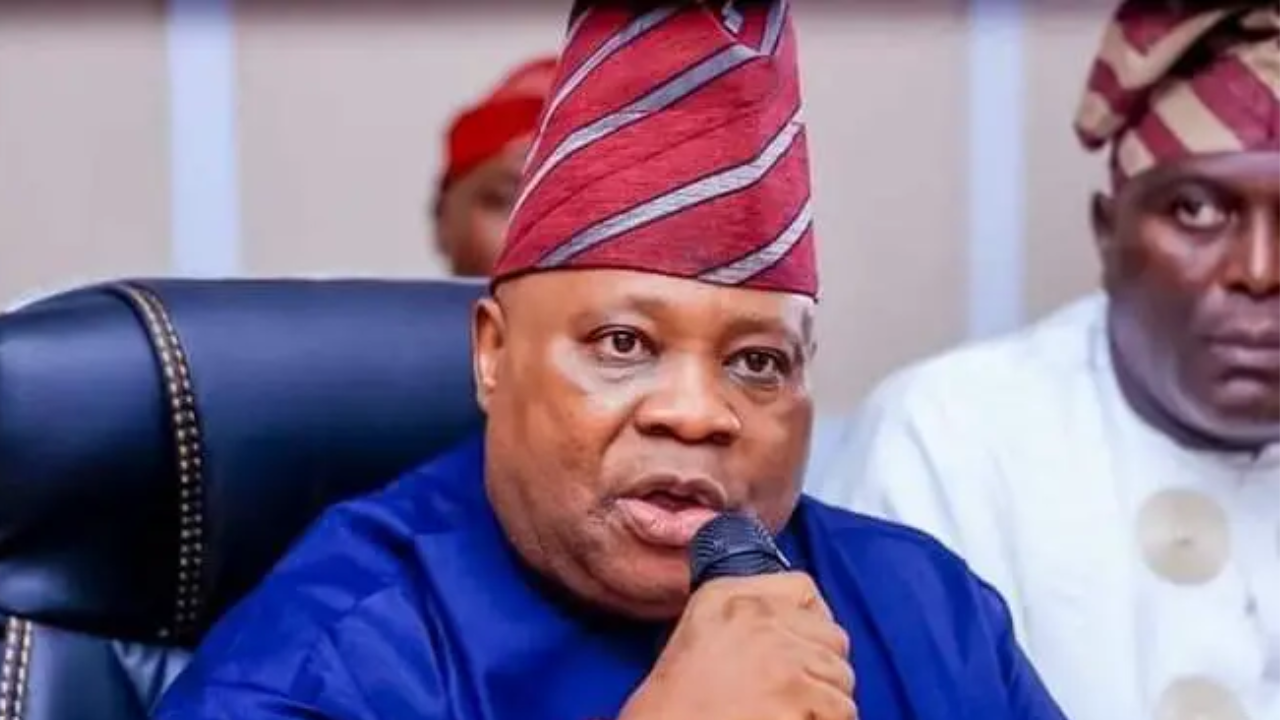By Ismaila Chafe
President Muhammadu Buhari says government will ensure that citizens are unharmed in their businesses and no disruption is caused to the entire supply chain arising from the currency swap due to end shortly.
The President gave the assurance in a statement by his Spokesman, Malam Garba Shehu on Saturday in Abuja.
The President was reacting to reports of long queues of people waiting for hours for their turn to deposit old notes and get new ones, triggering public anger and opposition’s criticism.
Buhari reiterated that the currency changes were aimed at people hoarding illicit funds and not the common man, and that it had become necessary to prevent counterfeits, corruption, and terrorist funding.
This, he assured, would stabilise and strengthen the economy.
While taking note that the poorest section of society was facing hardship as they often kept hard cash at home for various expenses, Buhari gave strong assurances that the government would not leave them to their own fate.
According to him, a number of initiatives by the Central Bank of Nigeria (CBN) and all commercial banks are underway to speed up distribution of the new notes and do all that is necessary to forestall cash squeeze and chaos.
The News Agency of Nigeria (NAN) recalls that the CBN had fixed Jan. 31 as the deadline for the use of the old naira notes.
The redesigned naira notes, comprising N200, N500 and N1,000, became legal tender on Dec. 15, 2022, after they were unveiled by President Buhari on Nov. 23, 2022, in Abuja.
Reports by correspondents of NAN across the country on Saturday indicated that traders and business owners were asking their constomers to pay with new notes.
It was also discovered that some of the Automated Teller Machines (ATMs) across states including the Federal Capital Territory (FCT) were still dispensing the old naira notes while there were long queues at few ATMs dispensing the redesigned naira notes.
Some banks dispensing the new notes had configured their ATMs to dispense N5,000 or N10,000 per transaction.
Also, some Point of Sale (PoS) operators were still paying with old naira notes while some who had the redesigned naira notes increased their charges by 100 to 200 per cent. (NAN)




